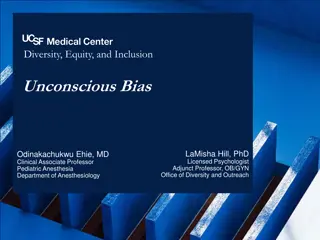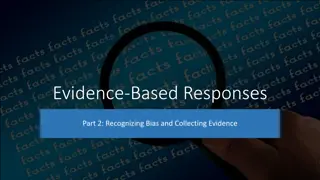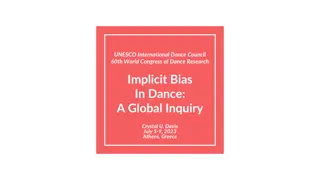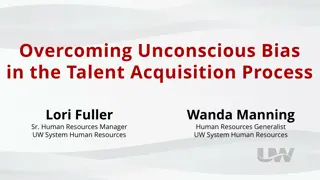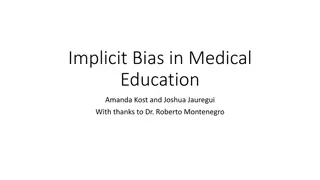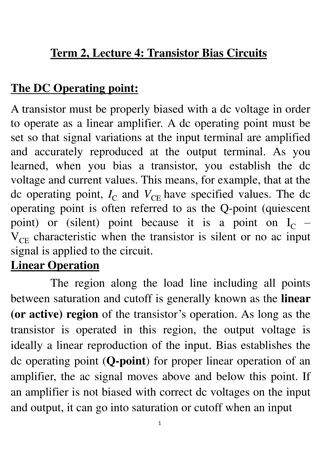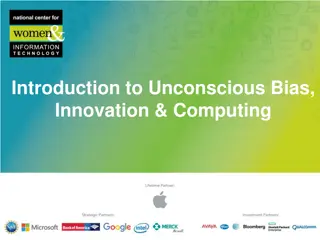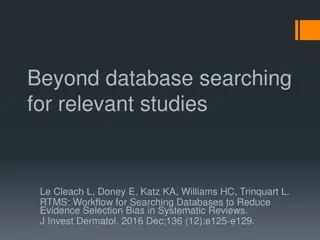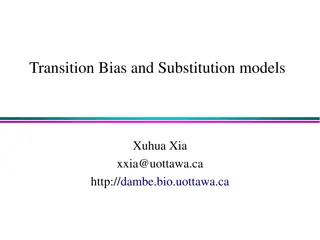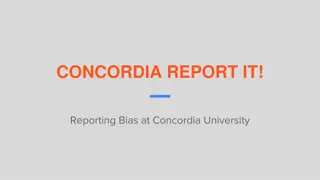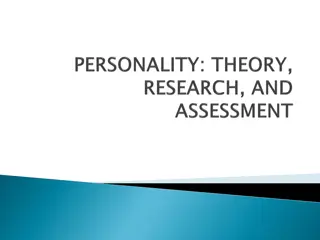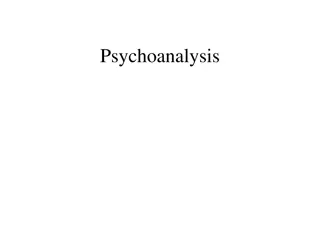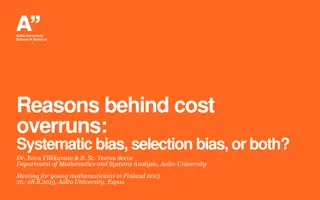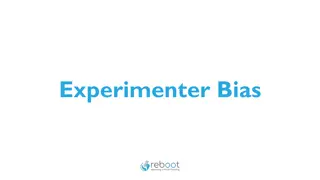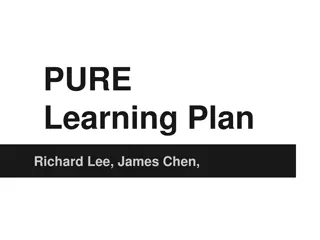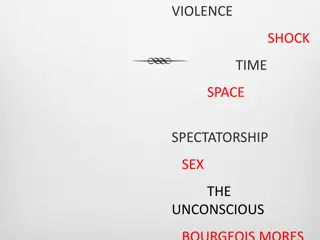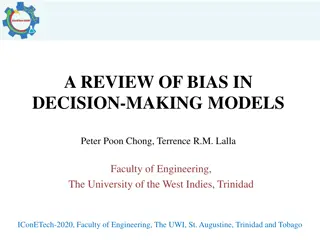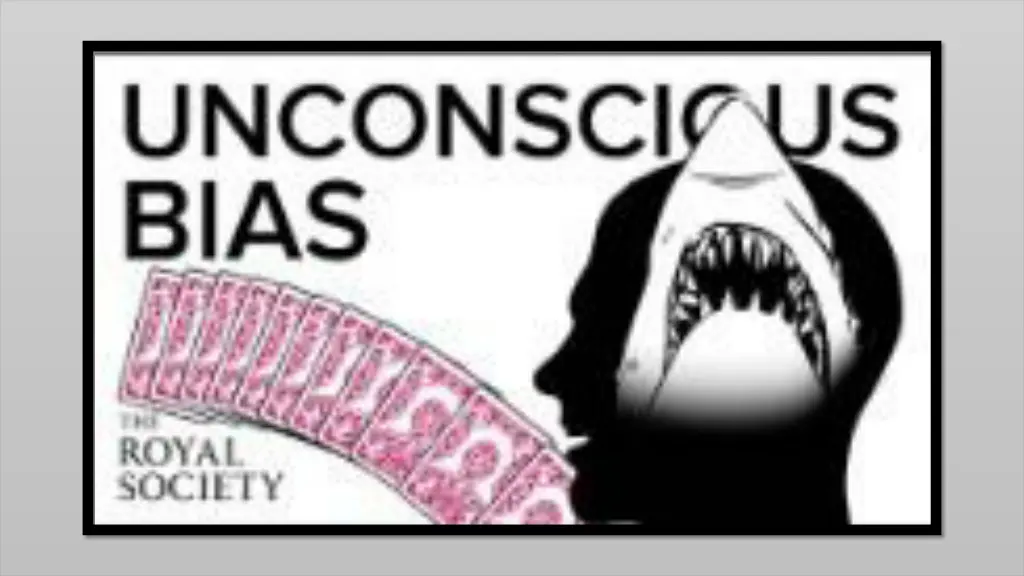
Addressing Unconscious Bias in Science Micro-Lessons
Explore the impact of unconscious bias in science, with a focus on diverse examples and ways to avoid biases. Understand the triggers and consequences of biases in scientific research to promote equity, diversity, and inclusion in STEM fields.
Download Presentation

Please find below an Image/Link to download the presentation.
The content on the website is provided AS IS for your information and personal use only. It may not be sold, licensed, or shared on other websites without obtaining consent from the author. If you encounter any issues during the download, it is possible that the publisher has removed the file from their server.
You are allowed to download the files provided on this website for personal or commercial use, subject to the condition that they are used lawfully. All files are the property of their respective owners.
The content on the website is provided AS IS for your information and personal use only. It may not be sold, licensed, or shared on other websites without obtaining consent from the author.
E N D
Presentation Transcript
Equity, Diversity, & Inclusion in Science Micro-Lessons Unconscious Bias in (Your Discipline)
Unconscious Bias in Science Many different types! Problematic for scientists E.g., Women more likely to be given responsibilities according to gender role (notetaker, event coordinator); creates limits & self-limiting beliefs Problematic for science as a discipline E.g., Use of male rats = less understanding of the mechanisms of drugs for women Poll Everywhere Question: Can you think of other examples of unconscious bias in science?
Triggers Ambiguous evidence Emotional overload Cognitive overload Feeling threatened Fatigue Short on time
Poll Everywhere Question: Can you think of any ways to avoid unconscious bias? Ways to Avoid Bias: Acknowledge biases (see Harvard implicit bias tests) Don t trust your first impressions! Be curious about difference (don t ignore it) Challenge negative assumptions & stereotypes Don t consciously suppress your bias Don t be too hard on yourself Seek positive examples

